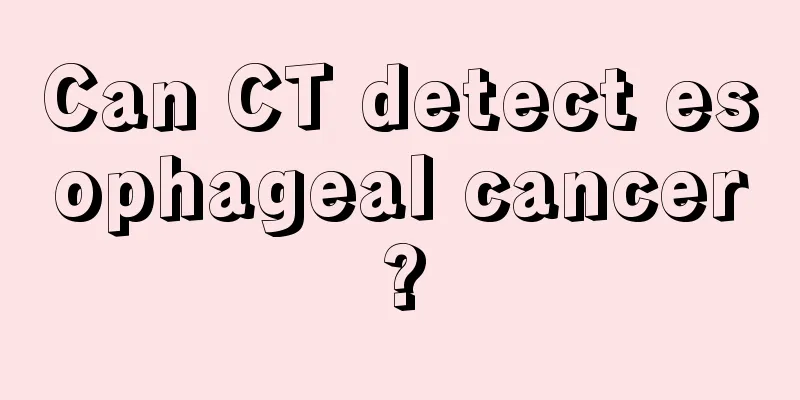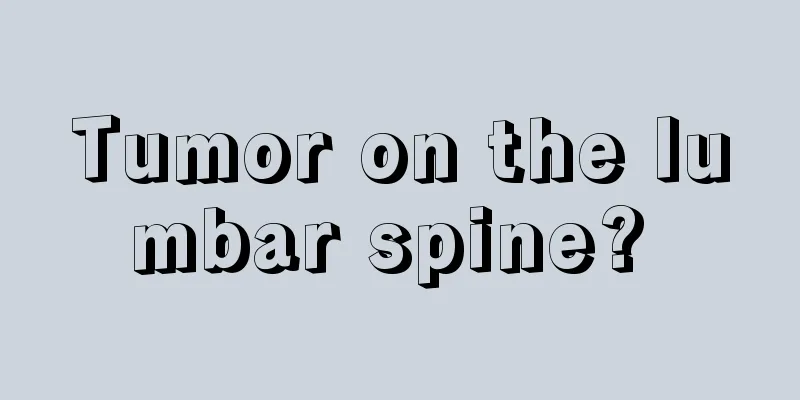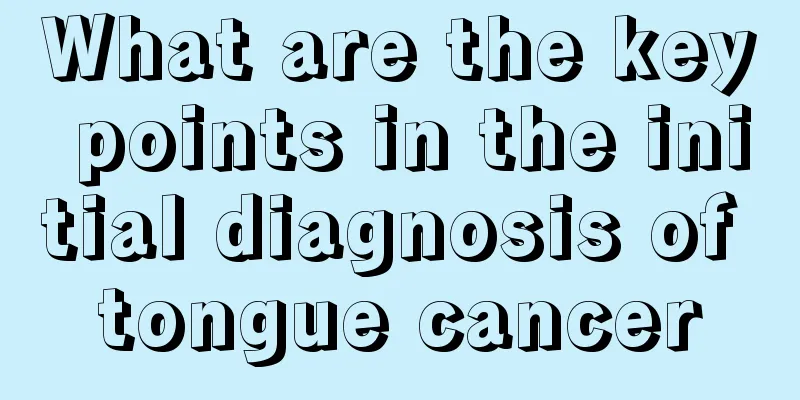Can CT detect esophageal cancer?

|
CT scans can be used to detect esophageal cancer, but they are not the preferred method. They are usually diagnosed in combination with endoscopy and pathological examinations. Early detection of esophageal cancer relies on endoscopy, and CT scans are mainly used to assess the size and location of the tumor and whether it has metastasized. The occurrence of esophageal cancer is related to many factors. Genetic factors play a role in some patients, and people with a family history of esophageal cancer have a higher risk of the disease. Environmental factors such as long-term smoking, drinking, eating pickled or moldy foods, and lack of fresh fruits and vegetables may increase the risk of disease. Physiological factors include chronic esophageal inflammation, gastroesophageal reflux disease, etc. Long-term stimulation of the esophageal mucosa may lead to cancer. Trauma or esophageal damage such as chemical burns and radiation damage may also induce esophageal cancer. Pathological factors involve dysplasia and precancerous lesions of the esophageal mucosa, such as Barrett's esophagus. The role of CT examination in the diagnosis of esophageal cancer is mainly auxiliary. CT can show the thickening of the esophageal wall, the morphology of the tumor and the invasion of surrounding tissues, and evaluate the metastasis of lymph nodes and distant organs. CT is of great value for the staging of esophageal cancer and can help formulate treatment plans. However, CT has low sensitivity for early esophageal cancer, and endoscopy combined with biopsy is still the gold standard for diagnosis. Treatment methods are based on the stage of esophageal cancer and the specific conditions of the patient. Early esophageal cancer can be treated with endoscopic mucosal resection or radiofrequency ablation. Surgical treatment is suitable for patients with local advanced disease. Common procedures include esophagectomy and gastric esophageal reconstruction. Radiotherapy and chemotherapy are often used for preoperative or postoperative adjuvant treatment. Commonly used drugs include cisplatin and fluorouracil. Targeted therapy and immunotherapy are also gradually being used in patients with advanced esophageal cancer, such as pembrolizumab and nivolumab. The key to preventing esophageal cancer is to improve lifestyle and eating habits. Quitting smoking and limiting alcohol consumption, avoiding pickled and moldy foods, and increasing the intake of fresh fruits and vegetables are effective preventive measures. Regular physical examinations, especially endoscopic examinations, can help to detect and treat esophageal cancer at an early stage. CT examinations play an important auxiliary role in the diagnosis and treatment of esophageal cancer, but they need to be combined with other examination methods for comprehensive evaluation to develop individualized treatment plans to improve treatment outcomes and patient survival rates. |
<<: Is prostate cancer easy to treat? How long can one live?
>>: Could leg pain be bone cancer?
Recommend
Colorectal cancer screening method
Colorectal cancer is the 4th to 6th most common t...
What to do if the gastric pyloric obstruction
Many people think that if they have pyloric obstr...
Should I blow dry my hair after washing it in winter?
Girls who love beauty know that using a hair drye...
Where does prickly heat grow
Prickly heat is a skin disease that infants and y...
Bone cancer treatment should follow the treatment principles
Bone cancer refers to a malignant tumor that occu...
The process of pregnancy
Pregnancy is a very wonderful process. In the pas...
What are the early symptoms of cervical cancer? Pay more attention to these 5 symptoms!
Cervical cancer is a cancer that seriously threat...
What are the functions and effects of rice pillows
In some rural areas, the elderly like to use rice...
Will there be bleeding when a fertilized egg implants?
The implantation of the fertilized egg requires m...
Let’s take a look at the factors that cause gastric cancer
Gastric cancer is a relatively serious disease wi...
Why are patients with cervical spondylosis prone to headache symptoms
Headache is a symptom of cervical spondylosis, ma...
What are the early symptoms of bladder cancer
Bladder cancer is a malignant tumor and a common ...
What is the principle of Lingzhi in treating insomnia
Ganoderma lucidum is a relatively precious Chines...
Introduction to the best treatment for small cell lung cancer
Small cell lung cancer is a disease that occurs i...
How can eye sores be eliminated quickly
Eye sores are thick lumps at the corners of the e...









